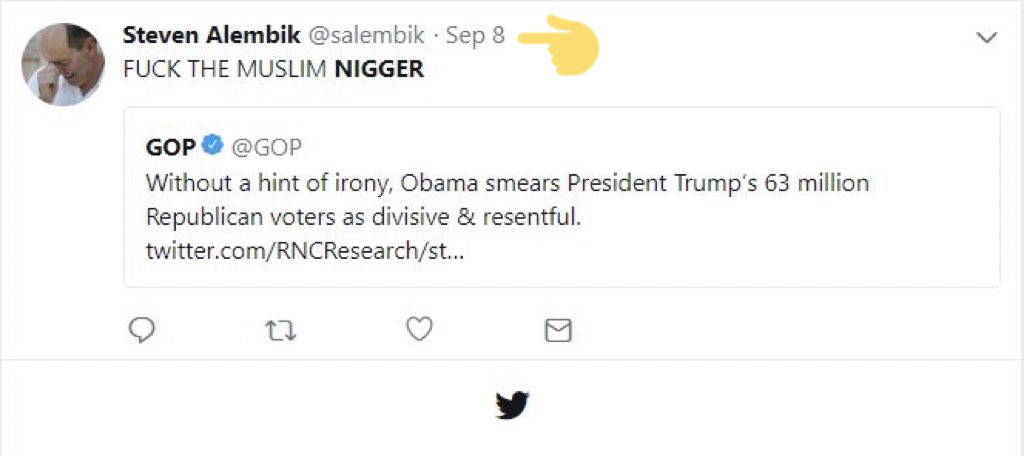What it demonstrates to me is how embedded it all is.
And maybe it was—to him. So be it.
But he also seems to have missed the point.
For it to be a story of real personal growth, you have to let people feel and express their shock and pain.
Confession is good, but it can carry consequence.
And whether or not one is racist isn’t something one simply gets to decide about oneself.
But some people are going to think differently about him now, and it’s not reasonable to expect them not to.
I’m saying he’s not owed it.
It’s not a fair expectation to put on people who have heard something shocking and personally hurtful.
It’s not a dichotomy. Gender identity isn’t something you do to others, and nonconforming isn’t rooted in institutional power.
Racism is, and is.
The path to growth includes realizing that self-exoneration isn’t growth, nor is trying to control the reaction of those harmed.
That isn’t just Nisson’s struggle. It’s our culture’s. It’s mine.
His story didn’t directly harm *me.*
What’s interesting is, I’m still feeling societal pressure to forgive him.
That’s how it works
It’s easy for we unaffected to do, because we’re unaffected.
That’s how we do it so quickly and easily.
It strands them. It makes them the problem.
The offense becomes character growth. Redemption.
That’s how it works.



